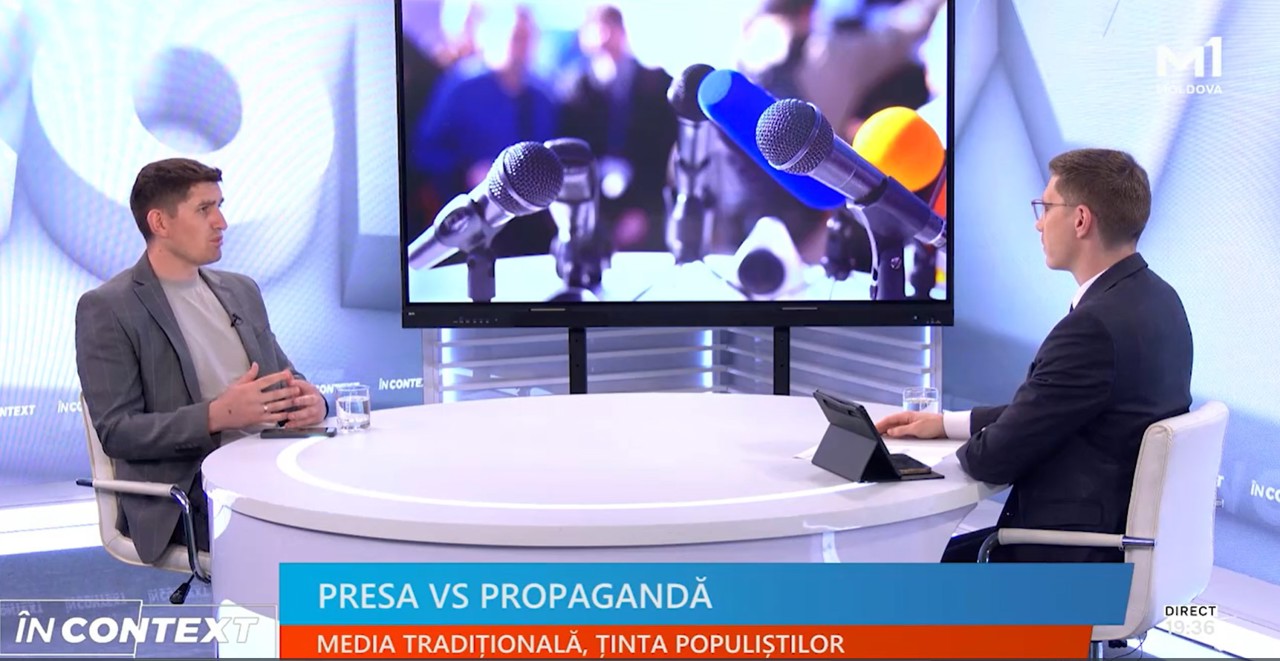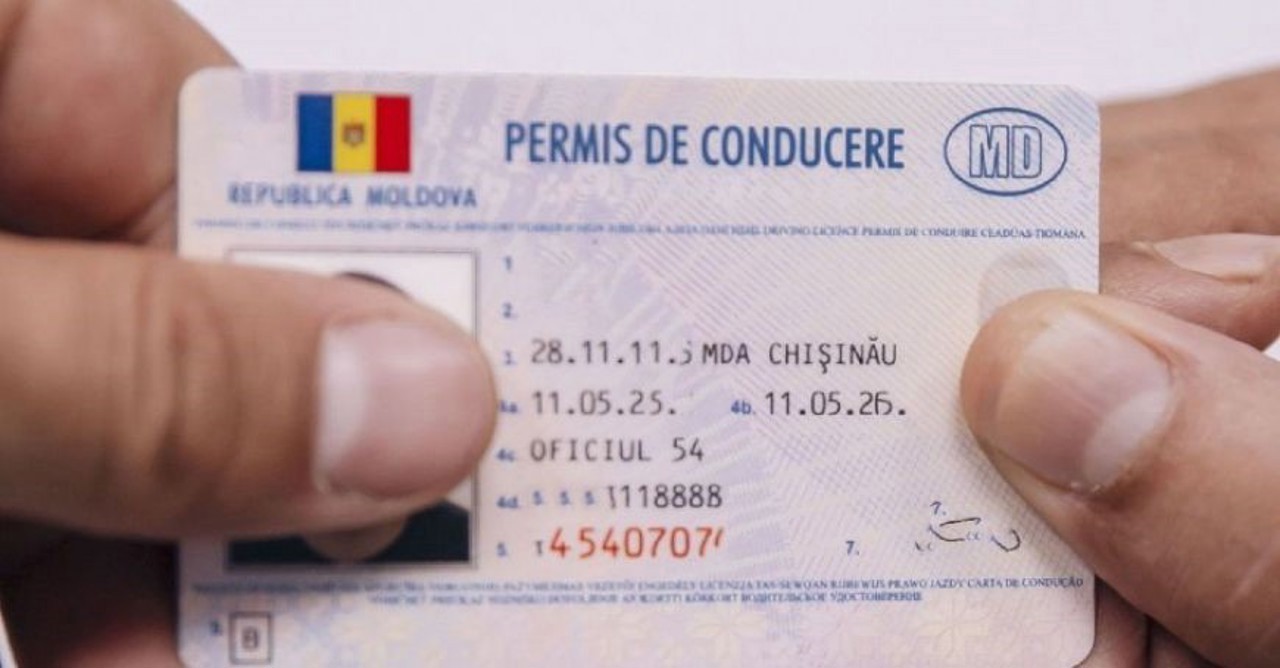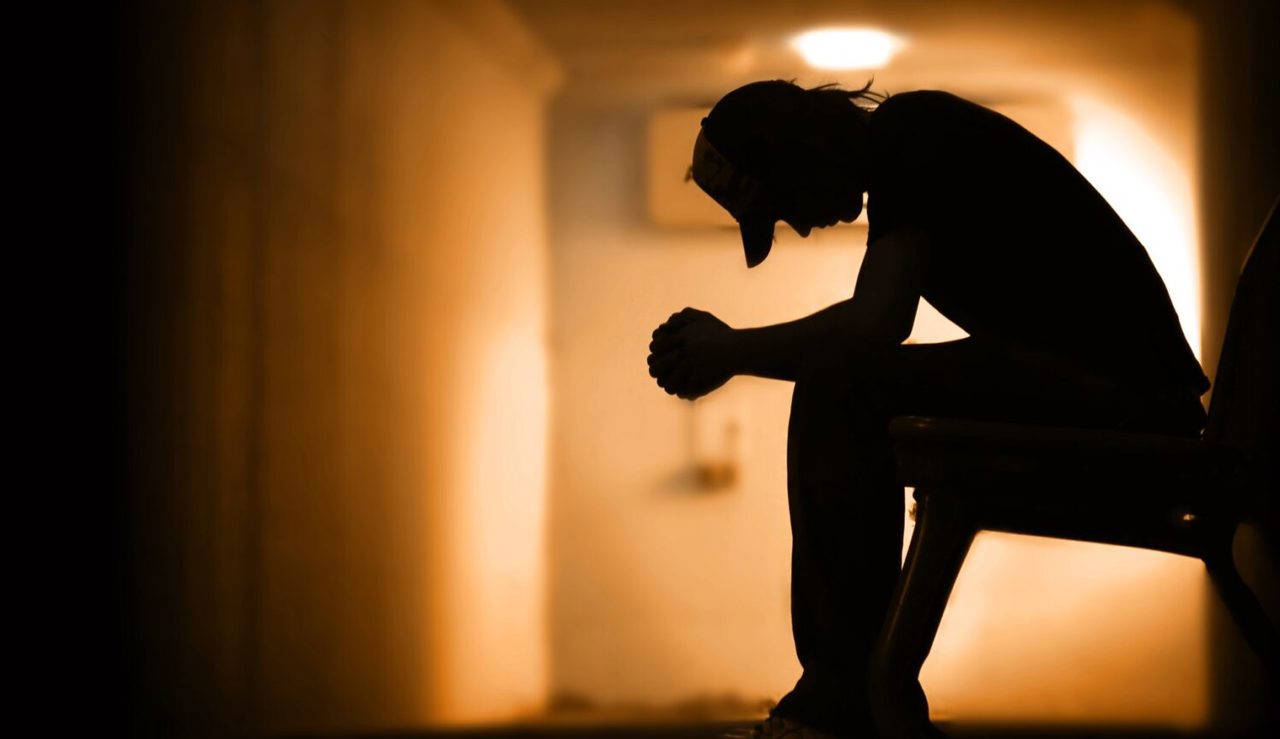Moldova's journalists face pro-Russian intimidation

Aggressive rhetoric, threats, and attempts to intimidate journalists are part of a broader scenario, supported by pro-Russian political groups, warns security expert Ștefan Bejan.
According to Bejan, attacks on independent media in the Republic of Moldova, including physical assaults against reporters, are coordinated by party leaders and serve as levers for Russia to destabilize the country internally.
"This hatred for journalists, and for everything that represents pro-European values, comes from leaders affiliated with Șor. We're increasingly seeing politicians use insults and harsh words against journalists. When I was an investigative journalist, the mayor of Chisinau municipality verbally abused me, and all these things are designed to discredit journalistic work," Bejan stated during the "ÎN CONTEXT" show on Moldova 1.
The expert offered international examples to highlight the phenomenon's seriousness: "We've seen the American president, who on several occasions allowed himself to insult media outlets that weren't on his side. In Romania, we've seen George Simion, who threatened the press: 'I'll deal with each of you individually.' This is a worrying international trend. And this whole wave of hatred could destroy what we've painstakingly built over hundreds of years."
Manipulating protesters and harassing the press
The expert claims that many participants in aggressive protests are brought in an organized fashion and paid, some even trained abroad to exert pressure on democratic institutions. "People are brought in an organized way; many of them are paid, and those who assaulted journalists are allegedly paid additionally. It's no coincidence that young people were taken to camps in Serbia and Bosnia, where they were trained to exert pressure, to intimidate. They especially target young female journalists, girls without extensive experience, to intimidate them into no longer asking uncomfortable questions," Bejan affirmed.
Coordinated campaign civil society and journalists
According to Bejan, the anti-press and anti-civil society campaign is organized with lists compiled even outside the country.
"Lists were made with people, including in Romania, the Republic of Moldova, and other states. The goal is clear: to discredit civil society, to discredit the independent press. The aim is for people to no longer know what's good, what's bad, what's truth, and what's a lie. And in these muddy waters, to catch the big fish – that's what they're trying to do now."
The expert emphasizes that new technologies have provided politicians with tools to bypass traditional media, allowing them to create manipulative content without contradiction. "Politicians no longer need the press; they don't need television to express their opinions. With the advent of social networks, they can film a video reading from a teleprompter a message created on a computer and no longer come to press studios. Unfortunately, this phenomenon isn't unique to the Republic of Moldova; it's happening worldwide," Bejan pointed out.
New legal provisions for journalist protection
The expert welcomes the initiative to amend the Criminal Code to offer more effective protection to journalists against aggressions while performing their profession. The project will be developed in collaboration with journalists and media organizations so that the new legal provisions address the real needs on the ground.
"We need to take a stand. It's good that Parliament has introduced this law," the expert emphasized.
Russia wants chaos in the Republic of Moldova
According to Bejan, Russia doesn't have a real picture of what's happening in the Republic of Moldova, but rather one based on information provided by "infiltrated individuals" paid by the Kremlin.
"Zakharova, Peskov, Lavrov, and other Russian officials operate with data from reports they receive from Chisinau from all sorts of infiltrated people who receive money. Russia has a parallel reality about what's happening in the Republic of Moldova. They believe there's a dictatorship or Russophobia here."
Bejan warns that this intentional distortion of reality could be used to justify aggressive actions: "Russia wants chaos in the Republic of Moldova, and for this reason, it's creating this distorted reality to legitimize subsequent actions here, including some attacks. I'm not afraid to say that Russia, if it feels the need, will unequivocally use military force to punish the Republic of Moldova," Bejan concluded.
It is worth mentioning that this week, several journalists were assaulted or intimidated while carrying out their work. The most recent case occurred on Thursday at the Chisinau Court, Buiucani headquarters, where a new court session was held in the case of Comrat's Bashkan, Evghenia Guțul. TV8 journalist Andrei Captarenco was shoved and hit by the Bashkan's supporters, who were protesting in front of the court. Two days earlier, during another court session in the same case, another journalist was intimidated. Măriuța Nistor, from Ziarul de Gardă, was threatened by Alexei Lungu, the leader of a party affiliated with Ilan Șor.
Translation by Iurie Tataru




